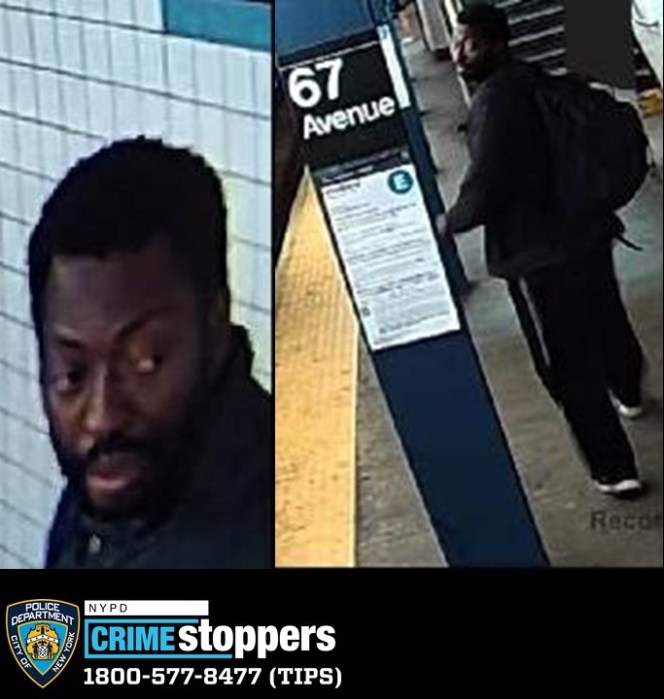By Barbara Morris
Crime statistics tell us we are safer than we were even a few years ago, and most of us recognize and appreciate that to be true. That is not, however, a signal to become complacent. Do not let down your guard. When a crime happens to you, statistics don’t impress anymore.
Every once in a while, especially while shopping, I will see someone walk away from a shopping cart, maybe only briefly, leaving a purse or briefcase unattended. I always remind the person to hold onto that article. Often the reply is, “There’s no money in there.” That may be true, but these days money is not the only item of value sought by a thief.
In fact, cash may be the icing on the cake to an identity thief looking specifically for credit cards or paperwork from your bank or some other source that might indicate personal information about you. Identity theft is the fastest-growing crime in the United States, and it can be devastating.
It is too bad, but maybe it’s time we become a lot less trusting and more like Diogenes, the cynical Greek philosopher who said he couldn’t find an honest man. Don’t misunderstand — I’m not saying there are no honest people. I believe there are, but I think it is sometimes too easy to trust the wrong people.
At a recent Jamaica Postal Advisory Council meeting, we learned that many neighbors have opted to eliminate indoor mail slots in favor of fancier outside drops. We have been advised that unlocked, outside mailboxes are a very convenient way for identity thieves to discover the vital information they need to destroy your finances and security.
Promptly remove mail from your mailbox after delivery, and deposit outgoing mail in your local post office or in post office collection mailboxes. Do not leave mail in unsecured mail receptacles.
It is too easy to put temptation in the path of someone without a sacrosanct course. Within the last few years or even the last year, how many respected organizations and individuals have been tainted by crime? There are too few that have not been, and some of those may only yet have to be discovered.
When I first began volunteering with the New York Police Department, during training I was warned to keep my doors locked at all times. When you leave your door unlocked for easy access for yourself, your own family or friends, you are also inviting a stranger with possible criminal intent to accept that privilege.
The police will assure you that crimes are often committed by family members. Since you surely must have heard of such cases, opening your home to those less known should not be considered lightly. If someone wants to sell you something, there is no need for the sales pitch to be made indoors.
And if a stranger claims to have an emergency situation requiring the use of your phone, you could either call the emergency number yourself (and please do if you know there is a bona fide emergency) or refer the individual to the nearest public phone. Bathroom requests should also be referred to public facilities.
All too often strangers who have convincingly begged for and accepted generous favors have capitalized on the opportunity to case at least a portion of your premises. Sometimes when they leave, something of value to you leaves with them. And sometimes while there, they will arrange for their return by unlocking a window. “Caution” is the key word.
Lending money — even to an honest person — should be covered by a written, dated, signed agreement, and only money that can afford to be lost should change hands.
I know of one case where a large sum of money was loaned to such an honest person. No paperwork was involved because the borrower was known to be above reproach. The money was returned in full, but the borrower died the following day. Without the signed paper stating the amount, etc., the lender would not have had any chance at all of having that loan satisfied.
From time to time, we’ll try to pass along more safety tips. In the meantime, don’t be discouraged, but be cautious.































